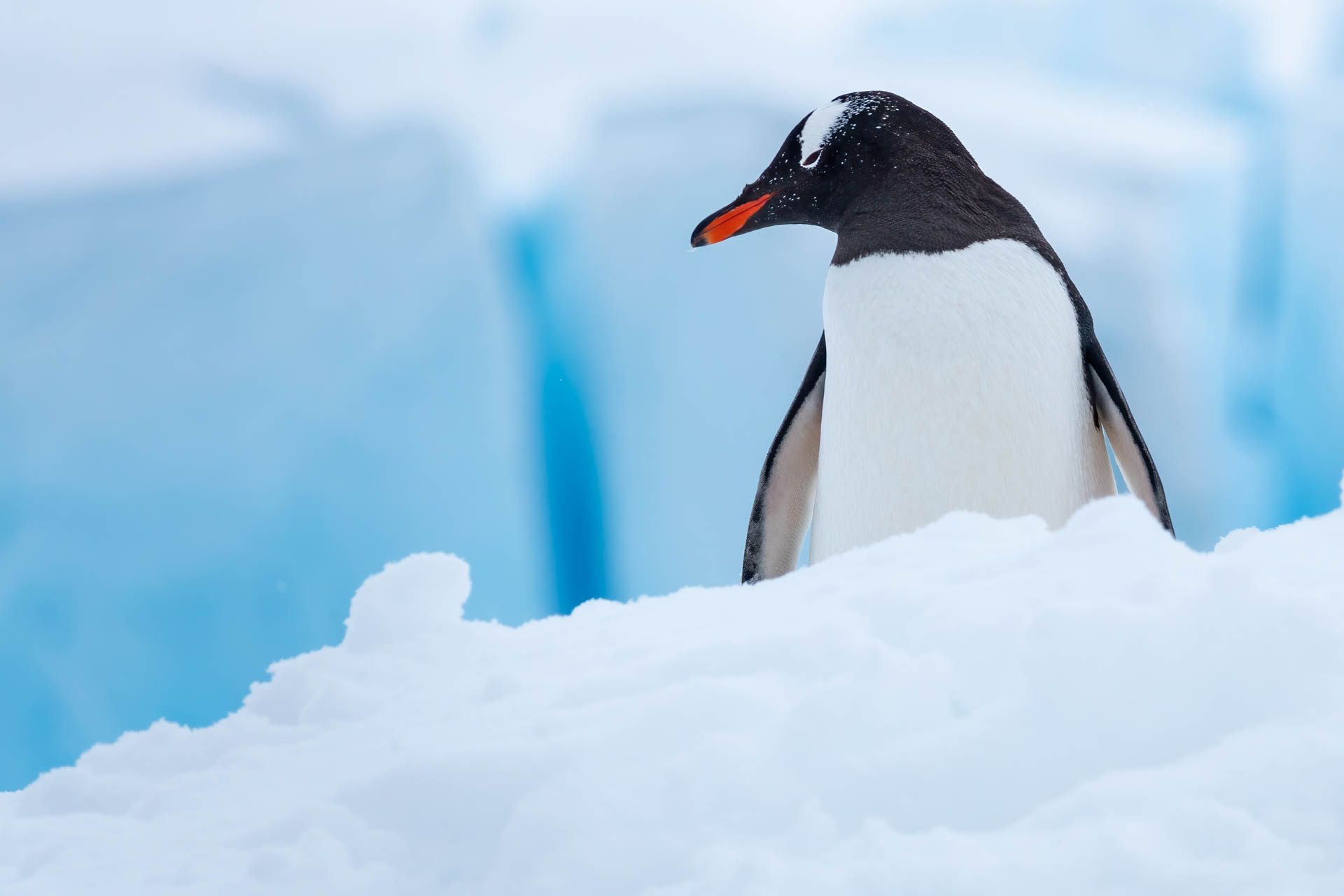The International Association of Antarctica Tour Operators (IAATO) will be following enhanced measures to help protect the region from the spread of highly pathogenic avian influenza (HPAI) H5N1 this Antarctic season.
Since 2021 the increasing intensity avian influenza outbreaks has resulted in the death of hundreds of thousands of seabirds around the world. Marine mammals, including seals and sea lions, have also been affected.
The Antarctic community, including IAATO Operators, are concerned about avian influenza reaching Antarctica with devastating impacts on the continent’s unique wildlife and are responding to the threat of avian influenza collectively.
In addition to the robust procedures already in place to protect Antarctica from pathogens and non-native species, polar stakeholders, from Antarctic Treaty parties to scientists, researchers and IAATO tour operators have heightened their vigilance with regards to operations South due to the risk of Highly Pathogenic Avian Influenza (HPAI) outbreaks in Antarctica.
In consultation with the SCAR Antarctic Wildlife Health Working Group (AWHWG), additional protocols were introduced to IAATO’s standard biosecurity procedures last season (2022-23). These protocols have since evolved and are mandatory for all IAATO Operators and their staff and crew operating in Antarctica.
They include:
- Assessing visitor sites for signs of HPAI in wildlife colonies before commencing any landing and being prepared to cancel a visit or leave a site if any behavioural signs of HPAI are detected.
- A minimum distance of 5 metres/15 feet must be maintained from Antarctic Wildlife
- Not sitting, kneeling, crouching, or lying down on the ground or snow, or leaving any equipment on the ground or snow, close to animal activity such as nests or breeding adults, pathways, haul out sites and faecal matter.
- If visitors are approached by wildlife, visitors must take appropriate action to ensure the advised minimum distance of 5 metres/15 feet is maintained where it can be safely done.
IAATO Members are united in their commitment to operate in the region safely and with environmental responsibility at the heart of all expeditions.

IAATO has hosted a number of virtual town hall meetings, a series of webinars and developed supporting resources on the topic of avian influenza for its members and their field staff and crew including a poster (pictured above) to communicate visitor obligations while they are in Antarctica. This poster and IAATO’s Don’t Pack a Pest biosecurity guidelines leaflet can also be found in the Visitor Guidelines Library, available at iaato.org.
Visiting Antarctica this season? Head to our Preparing for Your Expedition page to download your essential pre-departure resources.




